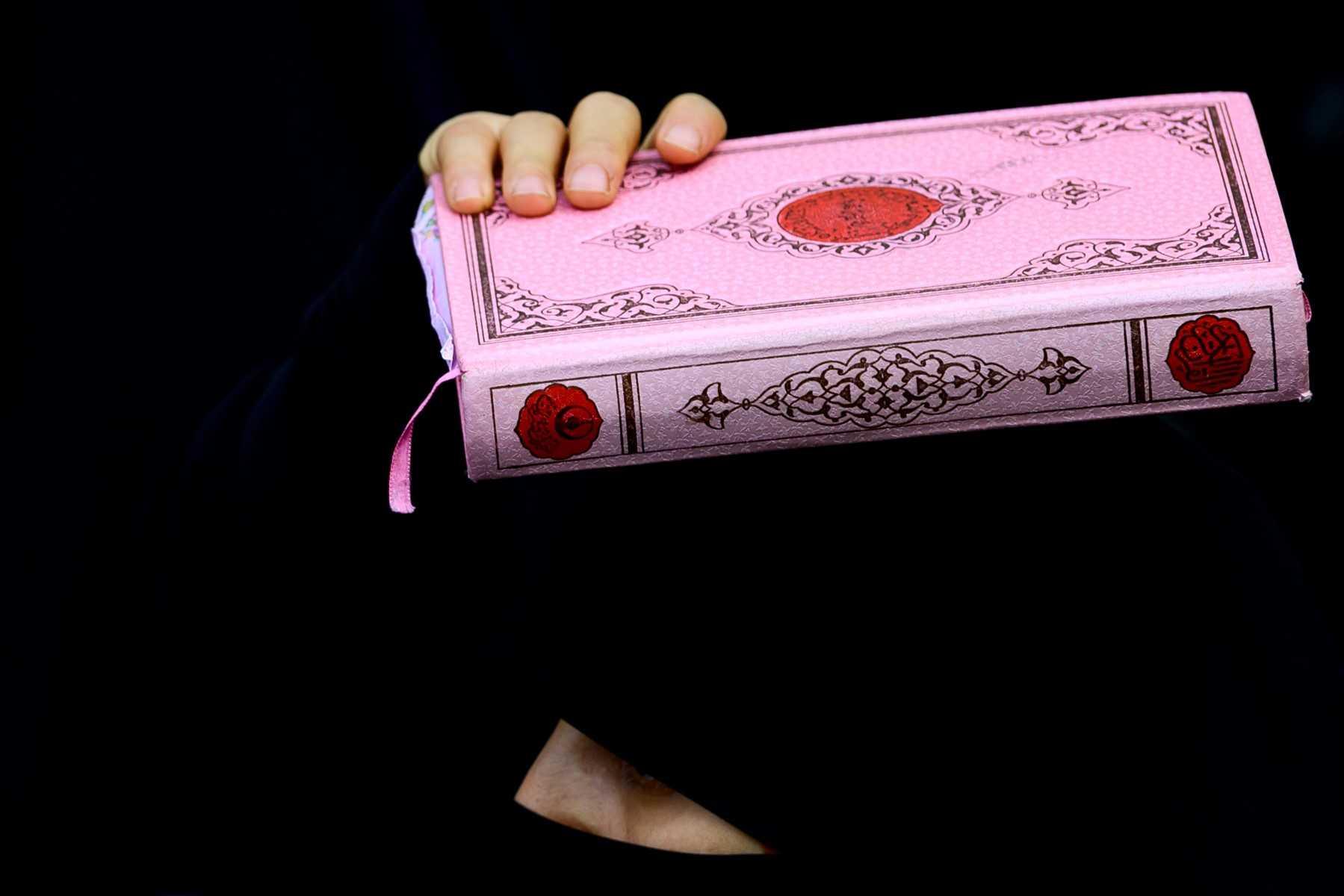Swedish police appeal court ruling allowing Quran burning protests
The burning of Islam's holy book in Stockholm sparked anger in the Muslim world, leading to weeks of protests, calls for a boycott of Swedish goods, and holding up Sweden's Nato membership bid.
Just In
Swedish police said Thursday they had appealed a court ruling which overturned a police decision to block two gatherings where protesters had planned to burn the Quran.
"The police authority believes that the principles of the issue are important and it is therefore urgent that it is examined by a higher court," police said in a statement.
The burning of Islam's holy book outside Turkey's embassy in Stockholm in January sparked anger in the Muslim world, leading to weeks of protests, calls for a boycott of Swedish goods, and holding up Sweden's Nato membership bid.
Stockholm police then refused to grant permission for two subsequent similar protests planned for February, citing security concerns.
But in a ruling on Tuesday the Stockholm Administrative Court overturned the decision, saying the cited security risk concerns were not enough to limit the right to demonstrate.
The "police authority did not have sufficient support for its decisions," judge Eva-Lotta Hedin said.
On Thursday, the police authority said that the appeals had been filed and that it requested to have until April 25 to "elaborate the authority's case."
Swedish police had authorised the January protest organised by Rasmus Paludan, a Swedish-Danish activist who has already been convicted for racist abuse.
Paludan also provoked rioting in Sweden last year when he went on a tour of the country and publicly burned copies of Islam's holy book.
The January Quran burning also damaged Sweden's relations with Turkey, which took particular offence that police had authorised the demonstration.
Ankara has blocked Sweden's Nato bid because of what it perceives as Stockholm's failure to crack down on Kurdish groups it views as "terrorists."
"It is clear that those who caused such a disgrace in front of our country's embassy can no longer expect any benevolence from us regarding their application for Nato membership," Turkish President Recep Tayyip Erdogan said in January.
Police then refused to authorise two other requests, one by a private individual and one by an organisation, to hold Koran burnings outside the Turkish and Iraqi embassies in Stockholm in February.
Police argued that the January protest had made Sweden "a higher priority target for attacks".
Swedish politicians have criticised the Quran burning, but have also adamantly defended the right to freedom of expression.
Subscribe to our newsletter
To be updated with all the latest news and analyses daily.
Most Read
No articles found.
